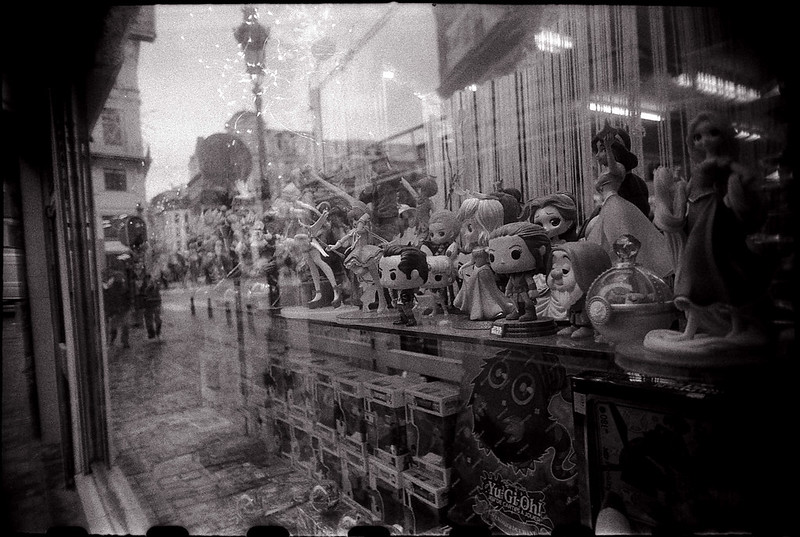
(Photo credit: Gauthier V (2019) ‘À cet instant est libéré l’esprit d’un ancien pharaon d’Égypte’. https://flic.kr/p/2hZamzM (CC BY-NC-ND 2.0 DEED))
Much of my writing and advisory work uses history as a source of material for futures work, and particularly for imagining and designing regenerative futures.
History (which in my work includes also archaeology and historical anthropology) is an endlessly vast store of knowledge and experience from which we may draw alternative ontologies and epistemologies. When we study history, we come to understand that the structures of the contemporary world are not inevitable, they are a choice, and other choices were possible. Other choices are possible even now. More earthy choices. More natural choices. More imaginative choices. Choices more full of meaning. Choices which allow us greater agency.
The study of history allows us to reclaim these choices for our future.
So while we have reverence for history, we do not see it as an uncomplicated golden age. History can also be read as a long unfolding of unimaginable cruelty and catastrophe, with ample unlearned, unheeded lessons for us in this current dark age of livestreamed AI-enabled genocide.
Contemporary futures work emphasises and centres inclusive, pluralistic and participatory practices. So using historical research as a means for futures work might be seen as a form of intellectual supremacy, and intellectual supremacy is, as we know, just as damaging as any other supremacy.
What is more, other supremacies are also using history, or imagined histories, to create visions of oppressive futures, futures that do not to revert to a specific status quo ante, but rather preserve the worst aspects of the current status quo while eradicating diversity and plurality and progressivism, and enshrining authoritarianism, nationalism and fascism.
So when we set out to explore history as a means for futures thinking, we are in bad company.
And we risk imposing the kind of intellectual supremacy we have worked so hard to cast off.
Therefore, we need to be meticulously careful in our working methods, and endlessly and energetically reflective and reflexive in our practice. While we need to be objective and methodologically rigorous researchers, we must also work in the open and with all others together. We must be careful that our work does not inadvertently amplify privilege or reactionary agendas, past or present. Let us take care that our work does not become a vehicle for perpetuating current patterns of power and domination. Instead, let it be a vehicle for imagination, for daring, for daring to resist, for daring to think differently, and for daring to reclaim the possibilities that history’s winners have taken from us.
Above all, let it be a vehicle for the promotion and sustenance of fairness, community, sufficiency and joy.
This post is accompanied by a black and white photo by Gauthier V entitled in French ‘À cet instant est libéré l’esprit d’un ancien pharaon d’Égypte’ (or in English, ‘At this moment, the spirit of an ancient Egyptian pharaoh is released’). The photographer describes the photo as follows, small figurines in a shop window in Brussels, taken with a hacked lens.